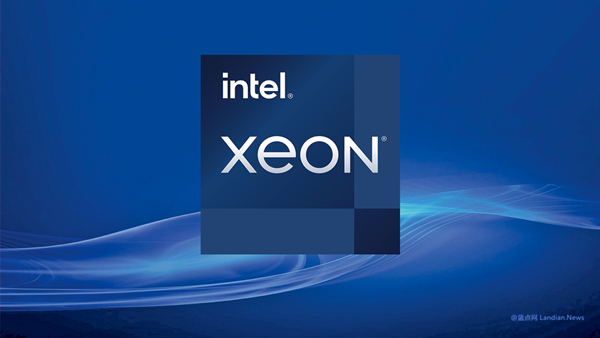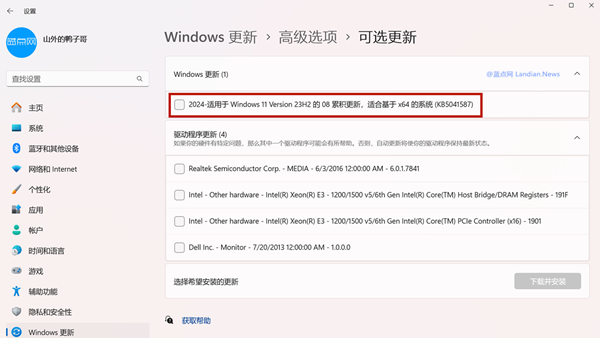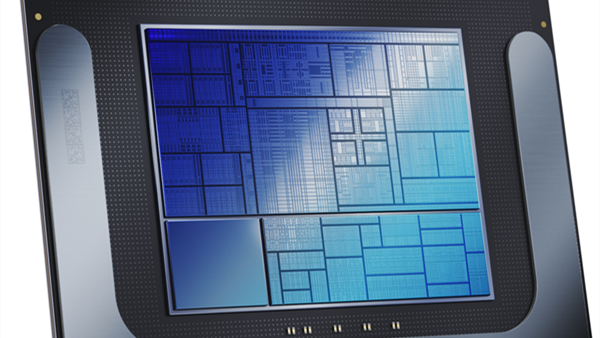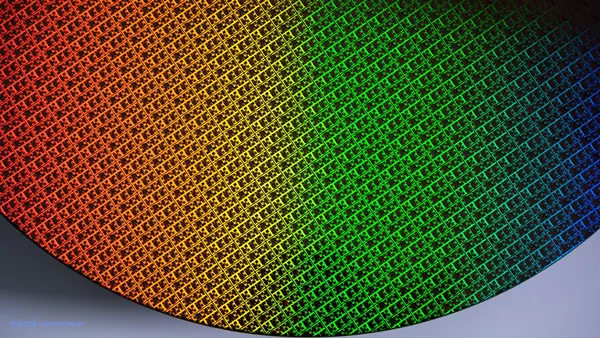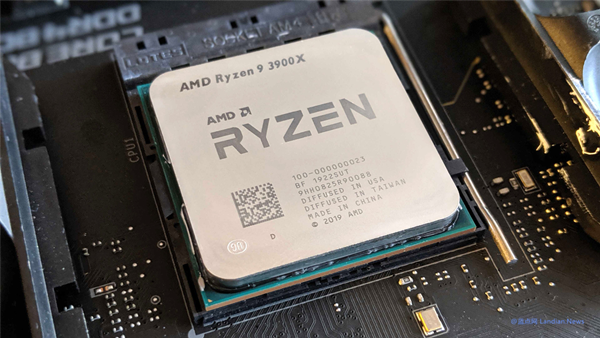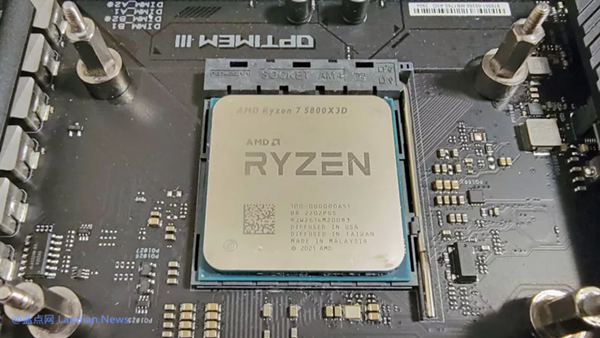Intel Submits Patch to Mitigate PCIe 6.0 Thermal Issues: Limiting Link Speed When Temperature Gets Too High
With the advent of PCIe 5.0-based NVMe SSDs, read speeds have reached an astonishing 14,000MB/s. However, this increased speed comes at the cost of higher temperatures, which can be a significant concern. To address this, some high-speed SSDs now come equipped with heat sinks or cooling fins.
Despite these measures, some OEMs have implemented preventive measures to limit read and write speeds when temperatures exceed a certain threshold, thereby preventing further temperature increases.
In June 2022, the PCI-SIG working group released the PCIe 6.0 specification, with partner companies expected to launch PCIe 6.0-based products in 2024. PCIe 6.0 boasts a bandwidth that is twice that of PCIe 5.0, with a maximum bandwidth of 64GT/s.
As a result, a potential issue arises: with increasing bandwidth and read/write speeds, heat dissipation becomes an even greater concern. To address this, Intel engineers are developing a driver that can detect high temperatures and limit link speeds accordingly.
The driver, currently in development for Linux systems and primarily targeted at servers, allows Linux to selectively reduce PCIe link speeds. When the temperature exceeds a certain threshold, the patch reduces the PCIe link speed, thereby limiting data transfer rates and reducing temperatures.
For example, when temperatures get too high, the patch can simply limit a PCIe 6.0 x16 link to PCIe 6.0 x8, reducing bandwidth and performance while also decreasing temperatures.
It's worth noting that Intel's patch is not limited to SSDs, but rather applies to all PCIe peripheral devices, including GPUs, solid-state drives, and other devices connected via PCIe.
Intel engineers claim that there was no mechanism to control PCIe link bandwidth prior to PCIe 6.0, and that controlling link bandwidth can be effective in certain situations. To address this, Intel engineers have developed a feature that gives users extra options.
In the future, this method of controlling PCIe link speeds to reduce temperatures may also be applicable to desktop and laptop computers. However, it's essential to remember that limiting link speeds will always impact performance, making it crucial for users to find alternative cooling solutions, such as water-cooled devices that support SSD cooling.



